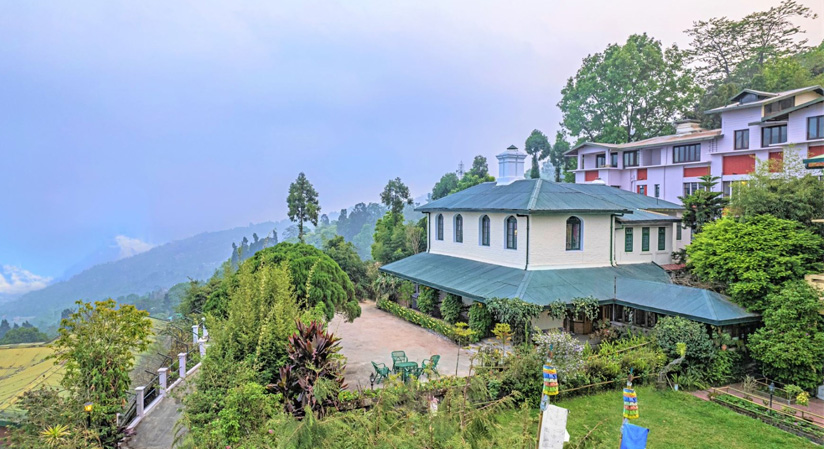Nestled in the foothills of the Himalayas, Darjeeling is renowned for producing the world-famous ‘Champagne of Teas.’ This exquisite tea, known for its delicate aroma and distinct muscatel flavor, has not only carved a niche in the global market but has also played a significant role in shaping the region’s economy and real estate sector. As tea tourism flourishes and global demand for Darjeeling tea grows, the local real estate market has witnessed a transformation, making it a lucrative investment destination.
The Economic Significance of Darjeeling Tea
Darjeeling tea is a prized commodity, protected under the Geographical Indication (GI) status, ensuring that only tea grown in this region can be labeled as ‘Darjeeling Tea.’ With over 80 tea estates producing this premium product, the industry contributes significantly to employment and the local economy. The thriving tea industry has led to infrastructural development, boosting tourism and attracting investors keen on leveraging the region’s natural beauty and economic potential.
How Tea Tourism Drives Real Estate Growth
Tea tourism has gained momentum in recent years, with visitors from around the world flocking to Darjeeling to experience its scenic plantations, heritage bungalows, and immersive tea-tasting sessions. This surge in tourism has fueled demand for luxury resorts, boutique homestays, and eco-friendly lodgings. Investors and hospitality brands are keen to acquire properties to cater to this growing influx, leading to an increase in land prices and commercial real estate development.
Investment Opportunities in Residential Real Estate
With Darjeeling’s increasing appeal as a retreat destination, many homebuyers are looking for vacation homes and retirement residences in the region. The cool climate, breathtaking views, and relaxed lifestyle make it an attractive choice for both domestic and international buyers. Developers have responded by offering premium hilltop villas, modern apartments, and heritage-style homes, further stimulating the local real estate market.
The Rise of Sustainable and Eco-Friendly Developments
Given Darjeeling’s rich biodiversity and fragile ecosystem, sustainable real estate developments are gaining traction. Eco-resorts, tea estate homestays, and green-certified buildings are in demand, aligning with the region’s commitment to preserving its natural beauty while accommodating the influx of tourists and investors. These projects not only provide long-term financial returns but also promote responsible tourism and environmental conservation.
Challenges and Future Prospects
Despite the promising growth, Darjeeling’s real estate sector faces challenges such as land acquisition restrictions, infrastructural limitations, and environmental concerns. However, with government initiatives aimed at boosting sustainable tourism and improving connectivity, the region holds immense potential for future real estate investments. As global recognition of Darjeeling tea continues to rise, so will the opportunities for commercial, residential, and hospitality ventures in this picturesque hill station.
Conclusion
Darjeeling’s ‘Champagne of Teas’ is not just a symbol of luxury and heritage; it is also a driving force behind the region’s economic and real estate development. As tea tourism and eco-conscious investments grow, Darjeeling’s real estate market is set to thrive, offering unique opportunities for investors, homeowners, and businesses. Whether it’s a tea estate retreat, a boutique hotel, or a vacation home with panoramic mountain views, Darjeeling’s real estate sector is brimming with potential, making it a prime destination for property investments in North Bengal and beyond.








